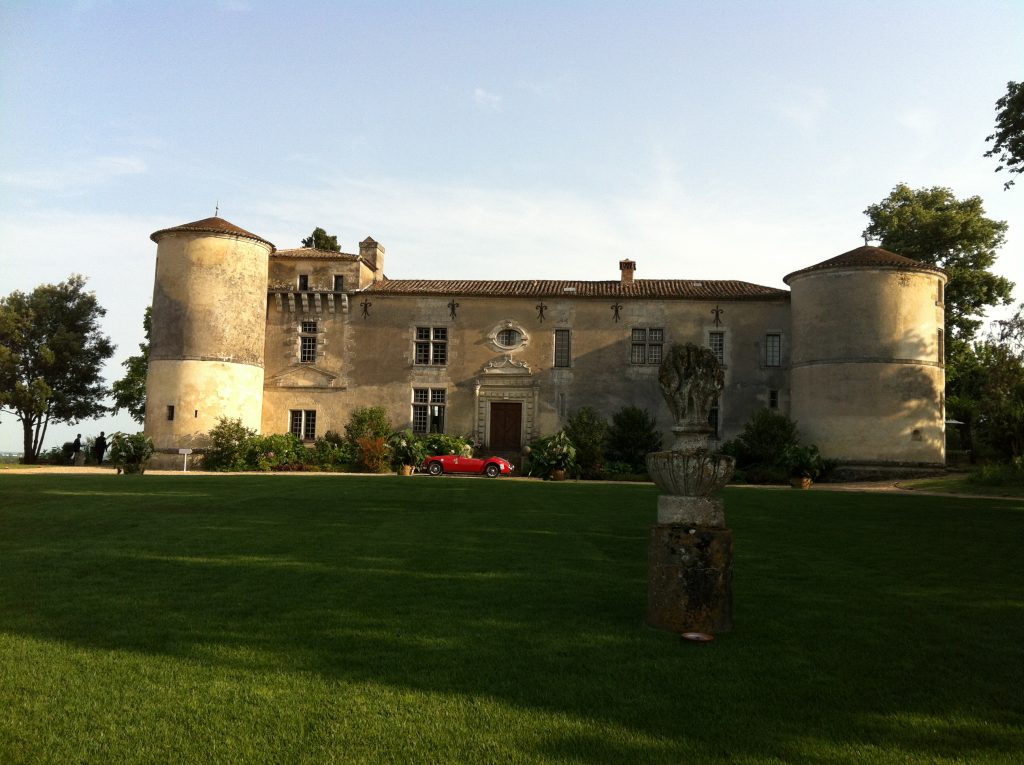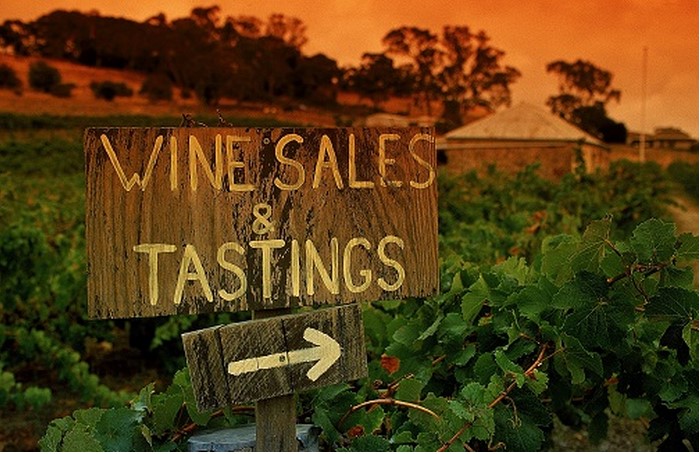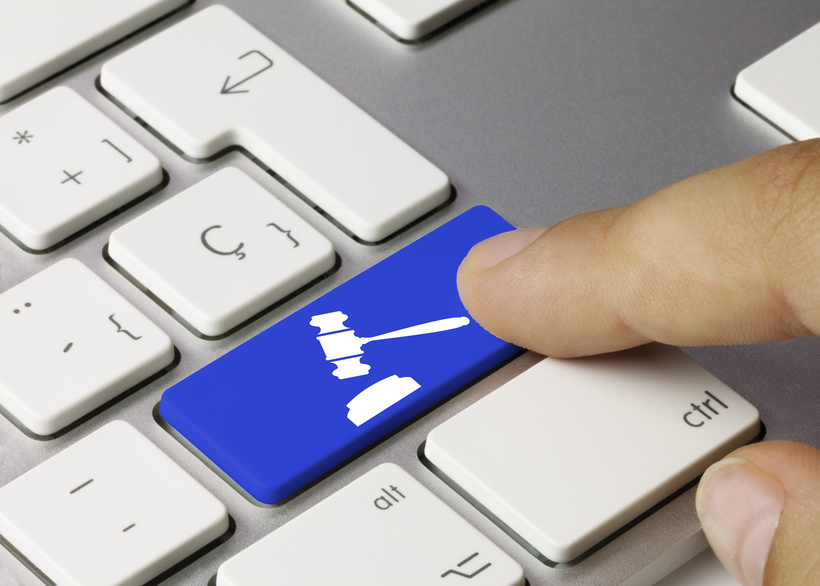
The Fronsac appellation might not have any Grands Crus, but if it did, it would have to be Haut-Carles! Robert Parker isn’t mistaken in awarding this great wine 92/100; it is more than capable of rivalling its prestigious neighbours in Saint-Emilion.
Château de Carles launched their prestigious Haut-Carles wine in 1994 to rival with the prestigious growths of its neighbouring Pomerol and Saint-Emilion. It’s the property’s flagship wine, a selection of parcels rather than a ‘cuvée spéciale’. The Fronsac appellation is one of the wine world’s best kept secrets. Its superb, hilly terroirs, bordering those of Saint-Emilion, produce wines which are full of life and character. Professor Henri Enjalbert, eminent geographer at the University of Bordeaux, called this terroir, “the birthplace of the great Libourne Bordeaux wines.”
The castle, the construction of which began during the hundred-year-war, has existed in its current, fortified form since the early 15th century château became popular with great thinkers and literary figures, and was frequented by writers such as Boétie, who was married to Marguerite de Carles, and Montaigne. In the 18th century, Guillaume de Castaing took the helm, then passed the property down to his son Antoine. His daughter Constance with husband Stéphane Droulers have managed the domain since 1983.
The current owners, Constance and Stéphane Droulers immediately set their sights very high: “Our ambition is to do anything necessary to restore Domaine de Carles and its wines to their former glory. In the 19th century, Fronsac wines – with Carles at the top – had better reputations than Pomerol and were on level-pegging with Saint-Emilion.”
The domains vines span 20 hectares. The vineyard is, for the most part, south-facing, with clay-limestone and clay-silica soils which dominate the Isle valley, protecting the vines from hot spells. The dominant variety is Merlot (90%), with a small amount of Cabernet Franc (5%) and Malbec (5%). The average age of the vines is between 30 and 35 years old.
Each parcel is harvested individually when the grapes are perfectly ripe, usually in October. The grapes are sorted upon entering the winery, and any grapes which are not absolutely perfect are removed. They then undergo pre-fermentation at low temperatures for six to ten days before undergoing alcoholic fermentation. The wine is then transferred to barrels where it matures to 18 to 24 months in an air-conditioned élevage cellar. A high proportion of Haut-Carles is vinified in 500-litre oak barrels, lending the tannins roundness and silkiness.
CHÂTEAU DE CARLES WINES CURRENTLY FOR SALE
Château de Carles is a deep and flamboyant Fronsac wine. The bouquet develops aromas of tobacco and spices. The palate is full, ripe, and impresses by its length.
Keen to rival Bordeaux’s finest wines, the Droulers created a new wine in 1994: Haut-Carles. It is produced from Château de Carles’ best plots, harvested by hand and vinified in a brand new vat room that was installed in 2003, which operates entirely by gravity in order not to damage the grapes. Haut-Carles’ is then aged in barrels for 18 to 24 months.
WHAT THE GUIDES SAY ABOUT CHÂTEAU DE CARLES:
The Revue du Vin de France
“Banker Stéphane Droulers created the cuvée Haut-Carles in 1994 in order to express the best of the terroir of château de Carles. This very personal, elegant expression of terroir ages with absolute harmony. The 2012 is superbly velvety, with lovely fruity aromas. A real treat. Haut-Carles is one of the finest wines in the appellation, offering much depth and a pleasant sapidity on the finish.”
Bettane & Desseauve 2016
“This 20-hectare vineyard which overlooks the Isle valley was entirely renovated, helping it to bring out its best. Haut-Carles is the domain’s top cuvée, with a resolutely modern, complete style and great aging potential. Having, since 2007, received the advice of Jean-Luc Thunevin and Alain Reynaud (two very important figures in the Libourne winemaking scene) as well as Jean-Philippe Fort, a talented enologist employed by Michel Rolland, these wines have but gained in quality and precision.”



